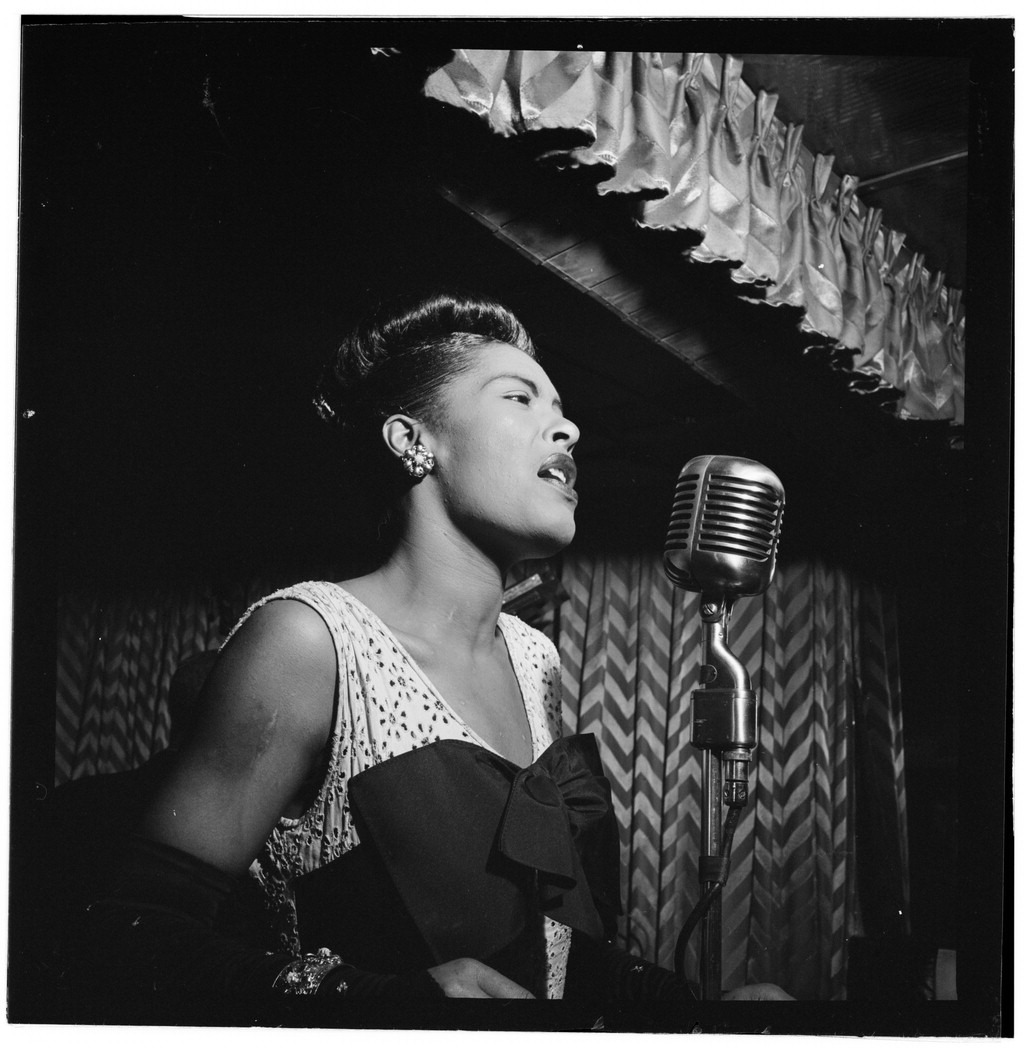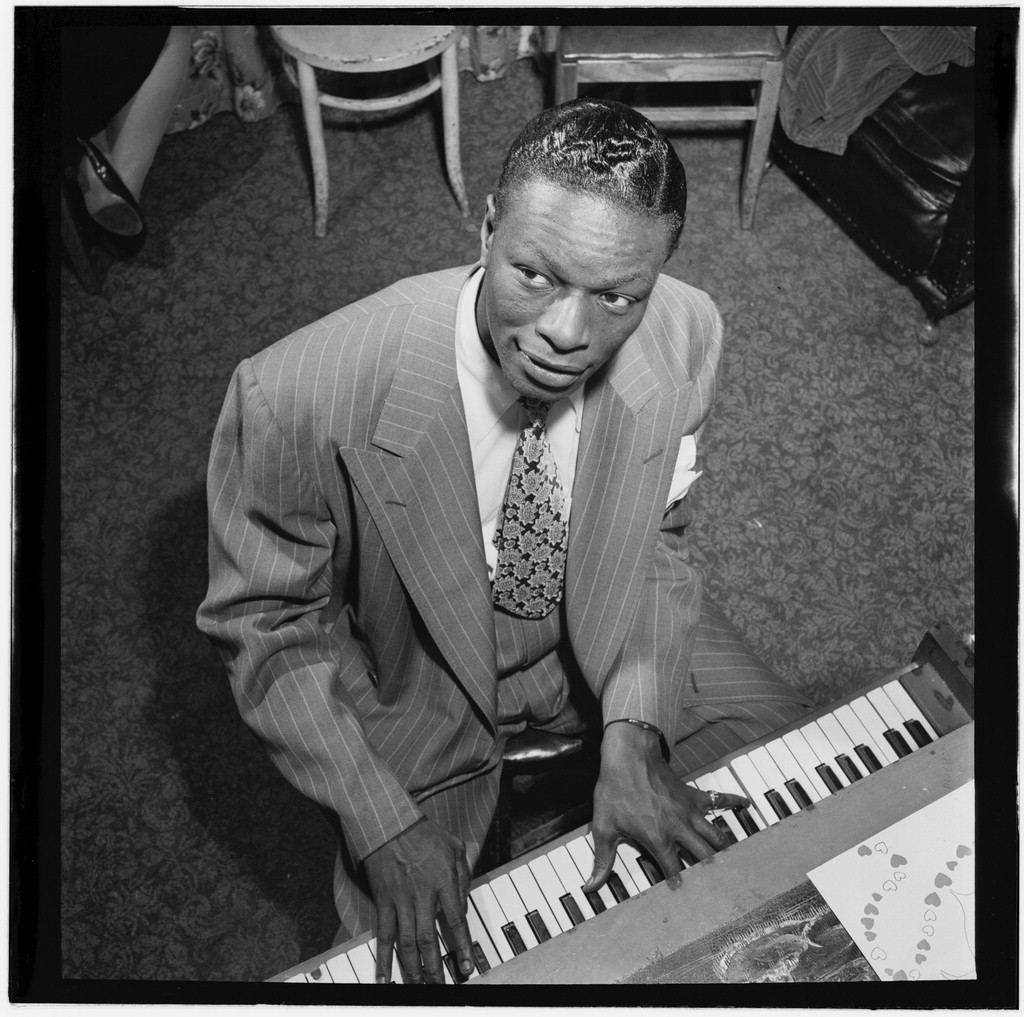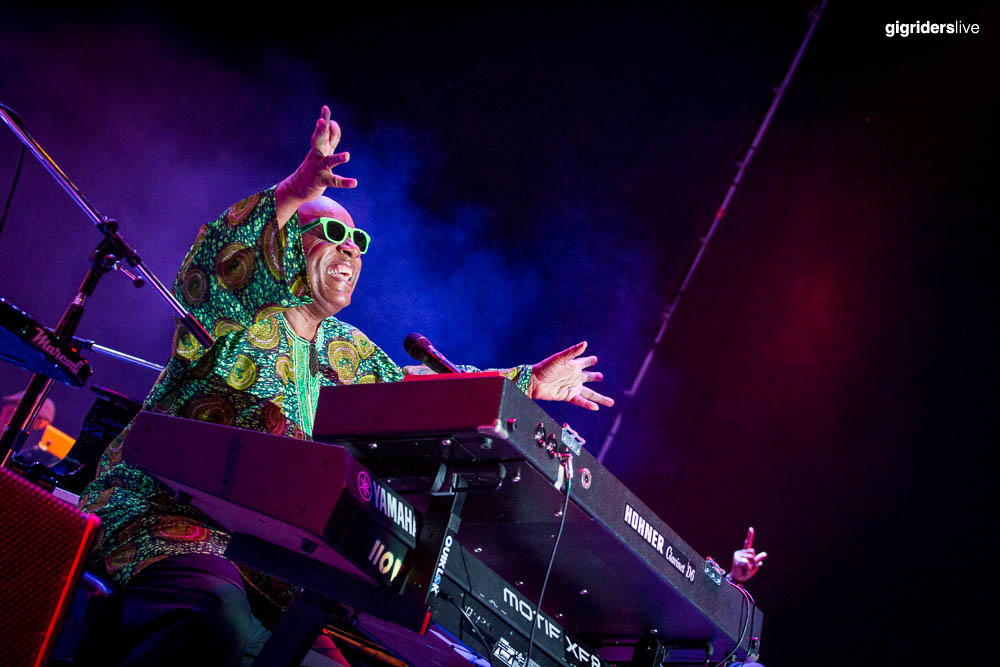AARP Hearing Center

“In every generation, musicians have responded in song and action to promote social justice and equality. What the world is seeing today, as injustices are called out and protesters are finding their voices, is not new. And neither are the musical responses – words and music and passion converging to create something much bigger that cuts deep into the rage, gives hope and radiates empowerment.”
Join AARP Ohio and the Rock & Roll Hall of Fame for our three-part celebration of Black Music Month: It's Been Said All Along, Voices of Rage, Hope, and Empowerment.
In each episode, Rock & Roll Hall of Fame Chief Curator Nwaka Onwusa will tell the story of the artists who used their music to give voice to their sense of rage and hope, or to empower others to take action. Sharing unique artifacts, images, and of course the music to tell the stories of these artists. AARP's Senior Vice President for Global Thought Leadership, Jean Accius II, will then join the discussion to share how we understand current issues of disparity today, what AARP's research is telling us about those issues, and where we can find hope and how we can be empowered to take action to close those disparities gaps and further bend the moral arc of our country and communities towards justice.

Episode 1: Rage
An exhausted Rosa Parks refused to give up her seat, in the front of a crowded Montgomery, AL city bus to a white man demanding she do so. This action and her resulting arrest, proved to be the catalyst needed to launch a boycott of Montgomery’s public transit system. The 13-month boycott ended when the U.S. Supreme Court ruled in Browder v. Gayle that the city’s segregated bus system was unconstitutional.
This powerful moment of civil disobedience inspired Black musicians of the era to draw on her example in their music. Her story connects music from the 1950’s through today, from Nina Simone, and Stevie Wonder, to John Legend and Jay-Z.
Episode 1 will consider the current state of the disparity in transportation resources and access, what AARP research has identified and what steps can be taken to address that disparity. Register to watch Episode 1 on June 15.

Episode 2: Hope
At the March on Washington in 1963, Martin Luther King Jr., chosen to give the marquee speech of the day, is delivering an address that in the words of historian John Meacham “risks letting the moment pass him by.” It is at this moment that Dr. King’s friend and renowned gospel singer Mahalia Jackson shouts out “tell ‘em about the dream Martin!” Inspired by this call to action, Dr. King abandons his prepared text, and adlibs what would go on to be known as the “I Have a Dream” speech; one of the most influential speeches in American history. Mahalia Jackson merged the influences of 1920s Blues singers like Bessie Smith and Billie Holiday with standard protestant hymns, creating a transcendent gospel sound and style. This unique style sent Mahalia Jackson to the top of the record charts, and her fame and influence allowed her to travel the South in the 40s and 50s, where she was exposed to the horrors of Jim Crow. This time in the South, combined with growing up in a rapidly integrating area of Chicago, gave her a unique perspective and drove her to use her music to further the cause of civil rights. This episode will look at those who were influenced by Mahalia Jackson as well as those artists who influenced her music, connecting the stories of Bessie Smith and Billie Holiday through Mahalia Jackson, to Aretha Franklin, and Nina Simon to modern artists like H.E.R. using similar styles of music to encourage people today to keep striving for the vision of America from Martin Luther King’s dream.
The Episode 2 discussion will consider that we face problems old and new, but we have reason to be hopeful that the arc of the country’s history is bending towards justice, and the work AARP is doing to disrupt disparities has provided many examples we can draw from that inspire hope. Register to watch Episode 2 on June 22.

Episode 3: Empowerment
Leaders have used messages of power, confidence, and self-determination to empower African Americans across the country to take the actions necessary to bring social change and advance justice. This message is echoed in the music of artists like Mavis Staples, Bob Marley, Grandmaster Flash, The Furious Five, and connects to current artists like Beyoncé and Kendrick Lamar. This episode will look at how Black artists built messages of empowerment into their music, inspiring others to take the actions needed to advance justice.
Through AARP's Disrupt Disparities work, the conversation for this final episode in the series will focus on what actions can be taken now to address those issues of disparity and how we can empower ourselves to bring about the solutions to those issues. Register to watch Episode 3 on June 29.
Image credits:
- Billie Holiday at Club Downbeat in NYC in 1947. Image via the Library of Congress by William Gottlieb.
- Stevie Wonder performing in Buenos Aires, Argentia in 2013. Image via Creative Commons user Facundo Gaisler
- Mavis Staples at the Newport Jazz Festival in 2014. Image via Creative Commons user WFUV Public Radio
- Nat “King” Cole circa 1947. Image via the Library of Congress by William Gottlieb.































































